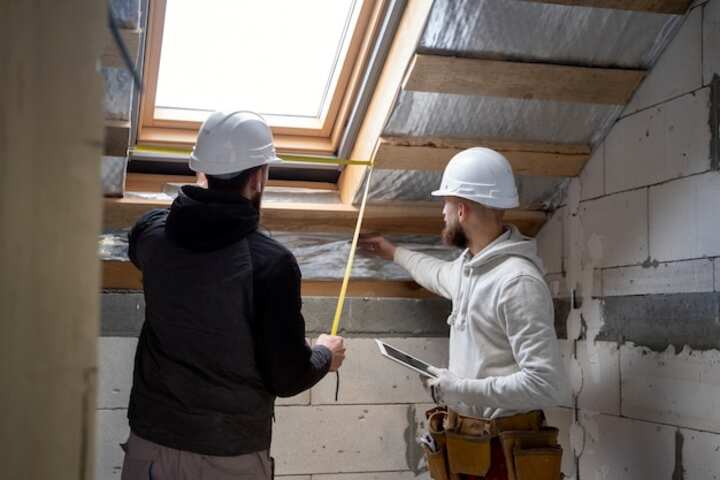
Expert Roof Inspection Services for Commercial Buildings
Commercial buildings serve as pivotal structures in bustling urban environments, housing numerous businesses and operations. The integrity of these buildings significantly relies on the condition of their roofing systems. Regular inspection and maintenance of roofs are critical to ensuring the safety and longevity of a commercial structure. Expert roof inspection services provide a comprehensive assessment of roof conditions, identifying potential issues before they escalate into costly repairs or replacements.
Importance of Roof Inspections for Commercial Buildings
Roof inspections for commercial buildings are essential for several reasons:
- Preventive Maintenance: Regular inspections help identify minor issues before they become significant problems, thus preventing substantial repair costs.
- Safety Assurance: A well-maintained roof ensures the safety of the building's occupants and assets.
- Longevity: Inspections can significantly extend the lifespan of a commercial roof by addressing issues promptly.
- Compliance: Many local regulations require periodic roof inspections for commercial properties to comply with building codes.
Explore further insights here.
Key Aspects of a Comprehensive Roof Inspection
Understanding what a thorough roof inspection entails is crucial for property managers and owners. A detailed roof inspection typically covers the following aspects:
Structural Assessment
The structural integrity of a roof is essential for the building's safety. Inspectors evaluate:
- The condition of the roof decking and support structures.
- Signs of sagging or other structural deformations.
- Damage from weather events or other external forces.
Learn more in this detailed guide here.
Material Evaluation
The materials used in roofing can wear over time due to exposure to elements such as wind, rain, and sunlight. Inspectors check for:
- Signs of deterioration or damage in roofing materials like shingles, tiles, or metal panels.
- Presence of mold, moss, or algae, which can compromise the roof's integrity.
- Condition of sealants and flashing around roof penetrations.
Read more about this topic here.
Drainage and Water Management
Effective drainage is crucial to prevent water accumulation that can lead to leaks or structural damage. Key checks include:
- Condition and functionality of gutters, downspouts, and drainage systems.
- Evidence of standing water or improper water flow.
- Inspection of soffits and fascia for signs of water damage. Find additional information here.
Frequency of Roof Inspections
The frequency of roof inspections can vary depending on several factors, including the age of the roof, the local climate, and the type of roofing materials used. Generally, it is recommended that:
- Roofs be inspected at least twice a year, ideally in the spring and fall.
- Additional inspections be conducted following severe weather events.
- Older roofs may require more frequent inspections to address the increased risk of wear and tear.
Learn more about inspection schedules here.
Conclusion
Expert roof inspection services for commercial buildings are integral to maintaining a safe, compliant, and efficient structure. These inspections not only help in spotting early signs of damage but also play a critical role in extending the lifespan of the roof. By ensuring regular and thorough inspections, property owners and managers can safeguard their investments and contribute to the overall safety and functionality of their buildings. For more insights into the importance of roof maintenance, explore further insights here.